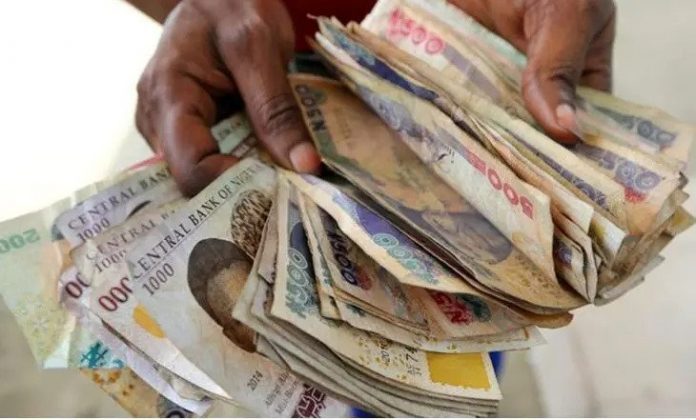The import prices of pharmaceutical products in Nigeria are expected to soar above N900 billion in 2024 due to the continuous depreciation of the naira. This anticipated increase in drug costs is poised to further burden Nigerians who already struggled with high drug prices throughout 2023.
Data sourced from the International Trade Center (ITC) indicates that Nigeria imported pharmaceutical products worth $1.05 billion in 2022. At the exchange rate of that time (N451/$), the cost was N475.17 billion. However, with the current exchange rate as of February 19, 2024, standing at N902.45/$, the projected cost is N950.81 billion.
The ITC, a global transparency body with information obtained from the National Bureau of Statistics and the United Nations COMTRADE, expressed concern about the lack of transparency surrounding the Nigerian National Petroleum Company Limited’s (NNPCL) 20% equity in the Dangote Petroleum Refinery. The agency emphasized the need for NNPCL to provide detailed information on the valuation, mode of payment, and other aspects related to the equity acquisition.
Nigeria predominantly imports pharmaceutical products from countries such as India, China, Malaysia, Netherlands, and Belgium. The country has consistently seen pharmaceutical imports exceed the $1 billion mark since 2019. In 2024, this trend is expected to continue, especially following the decision of foreign drug companies like GlaxoSmithKline Consumer Nigeria Plc and Sanofi to focus on importation.
The pharmaceutical industry in Nigeria has faced challenges due to inflation and foreign exchange crises, contributing to a significant surge in drug prices. Experts, including a pharmaceutical professor at the University of Lagos, Boladele Silva, highlighted the vulnerability of Nigeria’s pharmaceutical industry to economic shocks caused by foreign exchange volatility.
SBM Intelligence, a data insight firm, reported that the cost price of Ampiclox recorded the highest year-on-year increase between 2022 and 2023, rising by 346 percentage points. The selling price of Amoxil also experienced a rapid increase during the same period, jumping by over 400 percentage points. These drugs are manufactured by GlaxoSmithKline.
Concerns over the escalating prices of drugs have prompted calls for government intervention. A chieftain of the All Progressive Congress in Osun, Olatunbosun Oyintiloye, urged the Federal Government to address the issue. The Nigeria Medical Association, Lagos State chapter, expressed similar concerns and emphasized the need to explore sustainable models that balance the financial stability of healthcare institutions and the affordability of services for patients.
During a recent Federal Executive Council meeting, President Bola Tinubu endorsed three resolutions aimed at addressing the rising cost of pharmaceuticals in the country. The Coordinating Minister of Health and Social Welfare, Prof. Ali Pate, announced these decisions, which include the regulation of the pharmaceutical sector to safeguard public health.













